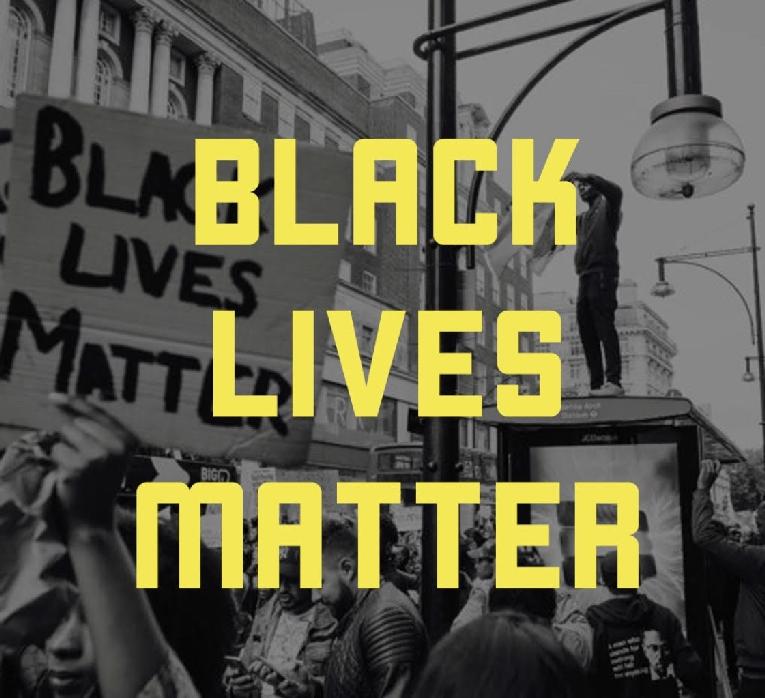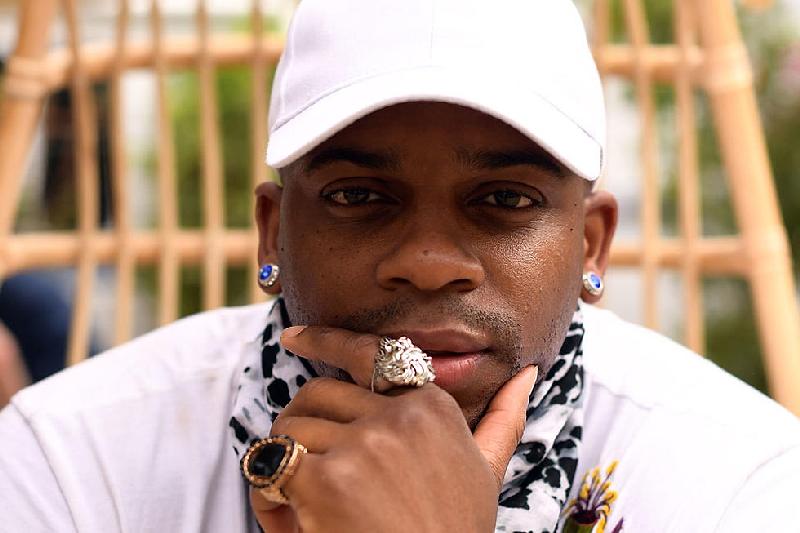
*Princeton University is offering a Black Lives Matter class to students that promise to explore the “historical roots and growth of the Black Lives Matter social movement.”
“This seminar traces the historical roots and growth of the Black Lives Matter social movement in the United States and comparative global contexts,” the course description said.
According to reports, the course will be offered to students starting this Fall semester. The BLM course features readings from former Black Panther member Angela Davis.
The course describes the Black Lives Matter movement as being “committed to resisting, unveiling, and undoing histories of state sanctioned violence against Black and Brown bodies.”
“The course seeks to document the forms of dispossession that Black Americans face, and offers a critical examination of the prison industrial complex, police brutality, urban poverty, and white supremacy in the US,” the description reads.
READ MORE: Author Earl Ofari Hutchinson Presents Devastating Attack on Critical Race Theory Opponents
As we prepare to return to campus, the University is requiring face coverings for unvaccinated faculty, staff and students indoors and is encouraging vaccinated individuals to also wear face coverings indoors. pic.twitter.com/7BoYPiIWPv
— Princeton University (@Princeton) August 5, 2021
According to The College Fix, the course will be taught by professor Hanna Garth. On her website, she describes herself as someone who is “broadly interested in the ways in which people struggle to overcome structural violence.”
“All of my research, teaching, and mentoring is designed around my commitment to feminist methodologies and critical race theory,” Garth explains on the site.
Garth is set to deep dive into critical race theory, which many critics have argued that teachings are divisive. CTR aims to unpack the contributing factors behind racism and sexism.
We previously reproted, political analyst Earl Ofari Hutchinson explained why CRT has become the new lightning rod for racial division and controversy.
Hutchinson assesses the arguments for and against the teaching of CRT He presents the brief but tormenting history of the politics of racial division of which the debate over CRT is just the latest outcrop. The Assault on Critical Race Theory takes a grim but penetrating look at why race will continue to be the nation’s greatest heated issue of contention.
Hutchinson notes “There’s nothing new about the term critical race theory. The term goes back almost four decades. Then, a handful of Black scholars and writers came up with the term to name what for decades had simply been called battling racism. The reaction at first was, well really, no reaction. It seemed a puzzling, overloaded, and very academic term that was subject to just about any meaning and interpretation. Trump’s White House grab in 2016 changed that. He publicly demanded a cease and desist to any school district and/or teacher that dared stuff students with what he branded” left wing indoctrination.” In plain English, he meant any mention of the pernicious history of racial bias in America.”
“Some of this stuff is, I think, really toxic,” Florida Gov. Ron DeSantis, whose state was one of those to ban teaching the theory, said of the ideology in June. “I think it’s going to cause a lot of divisions. I think it’ll cause people to think of themselves more as a member of particular race based on skin color, rather than based on the content of their character and based on their hard work and what they’re trying to accomplish in life.”
We Publish News 24/7. Don’t Miss A Story. Click HERE to SUBSCRIBE to Our Newsletter Now!





